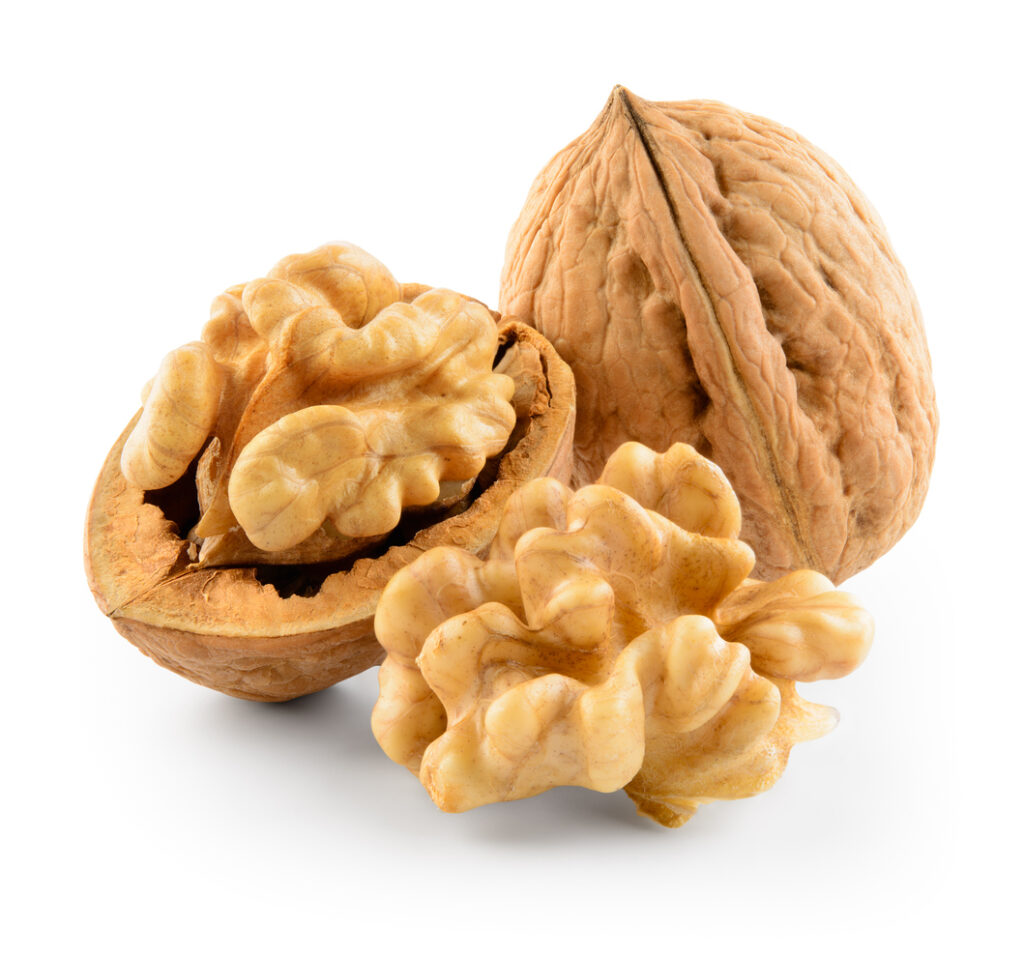As we continue to observe Eczema Awareness Month, it’s crucial to explore how diet can impact eczema symptoms. While food alone may not be the sole cause of eczema, certain dietary choices can either help manage or exacerbate the condition. Let’s take a closer look at foods to eat and avoid for better skin health.
Foods to Eat for Better Skin Health
Incorporating anti-inflammatory and nutrient-rich foods into your diet can significantly improve skin health and reduce eczema flare-ups. Omega-3 fatty acids, found in fatty fish like salmon, mackerel and sardines, as well as in flaxseeds and walnuts, have anti-inflammatory properties that can help soothe the skin. Fruits and vegetables, rich in vitamins, minerals and antioxidants, such as berries, leafy greens, and carrots, support overall skin health. Probiotics, present in yogurt, kefir, sauerkraut, and other fermented foods, contain beneficial bacteria that can improve gut health and potentially reduce eczema symptoms. Nuts, seeds, and leafy greens are excellent sources of vitamin E, which helps protect the skin from oxidative stress. Quercetin, a flavonoid found in apples, onions and kale, has anti-inflammatory and antihistamine properties that can help reduce eczema symptoms.

Foods to Avoid for Eczema Management
On the flip side, certain foods can trigger or worsen eczema symptoms in some individuals. It’s important to identify and avoid these potential triggers. Dairy products like milk, cheese, and yogurt can be common triggers for some people with eczema. Gluten, found in wheat, barley, and rye, can also exacerbate symptoms for those with gluten sensitivity or celiac disease. Processed foods high in sugar, unhealthy fats and artificial additives can contribute to inflammation and worsen eczema. Some individuals with eczema may find that eggs trigger flare-ups. Soy products can also be a common allergen and may worsen eczema symptoms in some people. While some nuts are beneficial, others can be allergenic and trigger eczema symptoms so also be mindful of the types of nuts you are consuming.
Identifying Your Triggers
To identify your specific triggers, consider keeping a food diary to track what you eat and any changes in your eczema symptoms. This can help pinpoint potential triggers as trigger foods may be different for each person. You might also work with a healthcare professional to try an elimination diet, where you remove potential trigger foods from your diet and gradually reintroduce them to see if symptoms worsen. Allergy testing can also be a valuable tool in identifying specific food triggers.
By making informed dietary choices, you can significantly manage your eczema symptoms and enhance your overall skin health. At Georgia Skin Specialists, we are committed to providing you with the knowledge and resources needed to navigate the complexities of eczema. Stay tuned for more insightful posts this month as we continue to raise awareness and share valuable tips for living with eczema. Your journey to healthier skin continues with understanding the crucial role of diet, and we are here to support you every step of the way. Partner with Georgia Skin Specialists to take control of your eczema and achieve the radiant, comfortable skin you deserve.








